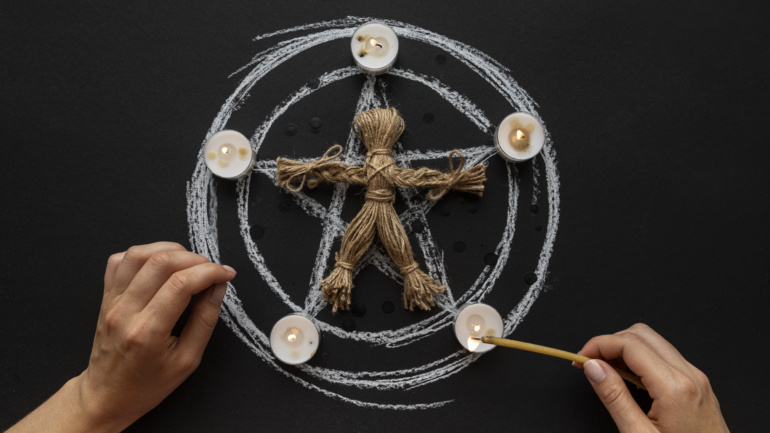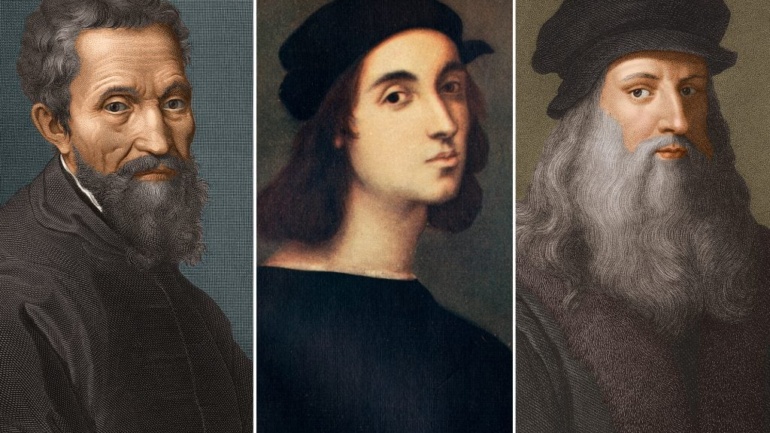Introducing the French Music Scene of the 17th Century — Today’s Composer: Jean-Baptiste Lully
Lully: The Founding Father of Ballet Music
- Jean-Baptiste Lully (1632–1687) was an Italian-born composer who spent most of his life working at the court of King Louis XIV of France. In the broader context of music history, Lully’s contribution lies in laying the foundation for French music. He was the founder of French opera and made significant contributions to the development of ballet music and the art of ballet itself.
- Born as Giovanni Battista Lulli in Florence, Italy, to a miller’s family, Lully entered the service of King Louis XIV’s court in 1652. He was appointed as a court composer, later became a French citizen, was ennobled by Louis XIV, and changed his name to Jean-Baptiste Lully. He also served as the first director of the Royal Academy of Music and Dance.
- Lully served King Louis XIV throughout his life. Louis XIV, known as the “Sun King,” was the most powerful monarch in French history. During his reign, France flourished much like China did during the reign of Emperor Qianlong. Both rulers were passionate patrons of the arts. Louis XIV moved France’s political center from Paris to Versailles, where the Palace of Versailles was constructed. He used lavish entertainment to distract and control the nobility, consolidating his absolute power. Naturally, this era of endless festivities required music, and Lully became the most renowned musician at court.
- Lully’s greatest contribution to music history was the establishment of French opera, a genre distinct from Italian opera seria. At the time, Italian opera was highly formulaic, featuring glorified heroic tales full of clichés. The singing style lacked emotional expression and focused on showing off vocal range, often at the expense of genuine artistic feeling. Lully revolutionized opera in France by breaking away from these rigid Italian traditions.
- In Lully’s operas, the traditional prominence of the “lead role” was diminished, and the idol-like status of soloists was downplayed. French audiences did not favor the castrato singers or the prima donnas popular in Italian opera. Lully instead emphasized choral and dance elements, elevated the status of male tenors, and introduced new artistic forms that better suited French tastes.
- Lully made profound contributions to ballet by replacing the slow, solemn court dances with lively, energetic dance music—a true revolution in court entertainment. At that time, ballet was very different from today’s technically demanding form requiring specialized shoes; it was more like a social dance akin to the waltz. Compared to other court dances like the minuet, ballet was more dynamic and featured many jumping movements. Ballet originated in Italy, first becoming popular among the Medici aristocracy. One member of this family, Maria Theresa of Spain, married Louis XIV, bringing ballet into the French court.
- Ballet became a key part of court entertainment at Versailles, enjoyed by both Louis XIV and his nobles. As the court composer, Lully was responsible for meeting the King’s social and cultural needs, composing a large body of ballet music that helped elevate the status of ballet in the court. Due to his significant contributions, Louis XIV supported Lully in founding the Royal Academy of Music and Dance, where Lully served as the first director and led the professionalization and rapid development of ballet.
- Lully was also the first to integrate ballet into French opera. During opera performances, the inclusion of ballet between scenes provided time for actors to change costumes while serving as a smooth narrative transition. Without Lully’s creative ballet compositions and innovative applications, the refined art of modern ballet might never have come into being.
- Lully had a close friendship and working relationship with Molière, the famed French playwright. Together, they co-created the genre of comédie-ballet (ballet-comedy), with Molière writing the plays and Lully composing the accompanying ballet music. Their collaborations laid the groundwork for the eventual establishment of full-length ballet theater in the 19th century.
- Interestingly, both Lully and Molière—who deeply admired each other—died in highly theatrical ways. Lully died of tetanus after accidentally stabbing his foot with a conducting staff during a performance. Molière died from exhaustion after performing his famous play The Imaginary Invalid; he collapsed on stage after the final act and passed away that night.


